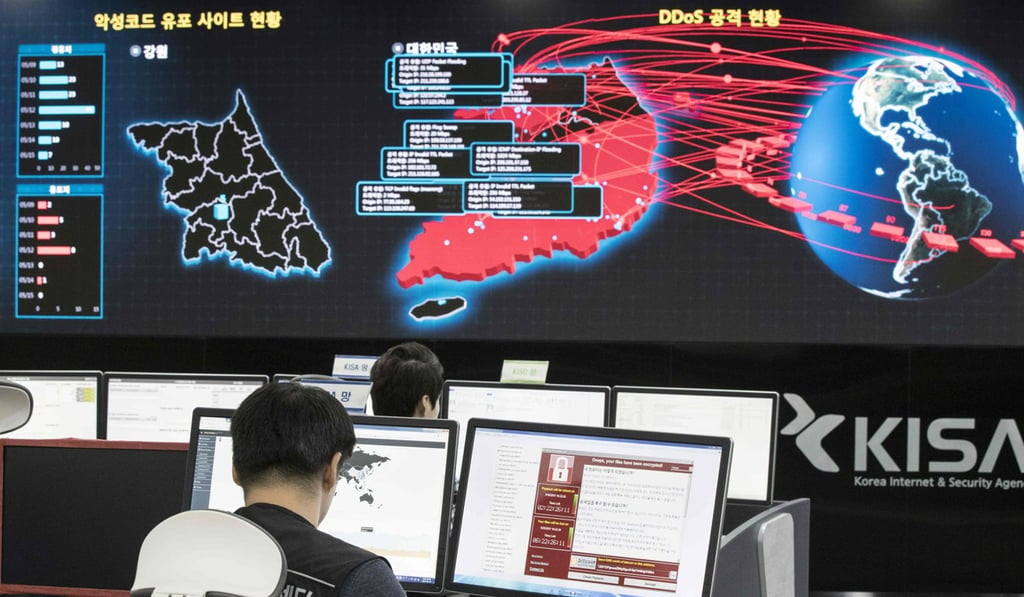WannaCry ransomware attack shows the wisdom of having an offline Plan B
Kai-Lung Hui says organisations providing critical services must have a backup plan that does not rely on the internet in case of a crippling cyberattack

Most IT security specialists advise victims not to pay such ransoms, but some organisations may feel they have no choice. After all, peoples’ lives could be in danger if, say, medical practitioners cannot access health records.
‘Ransomware’ attack shows the time has come for a digital Geneva Convention
This raises a pressing issue: when technology is so embedded in our daily routines and incorporated in rudimentary services such as health care and the provision of utilities, how can we reduce our risks in the event of a cyberattack?
In the case of WannaCry, IT experts have advised us to patch our operating systems, use anti-virus software and firewalls, and not to download files or open email attachments from unknown sources. This is good and practical advice, but it is insufficient at a time when cyberattacks are evolving fast and new means of attack are constantly emerging.

The next ransomware attack will likely be worse than WannaCry
Today, novice hackers do not even need to know how to write encryption programs; they can deploy off-the-shelf ransomware to blackmail others. Some underground criminals offer dial-a-hacker services on the “dark web”, the encrypted segment of the internet not familiar to most users.
